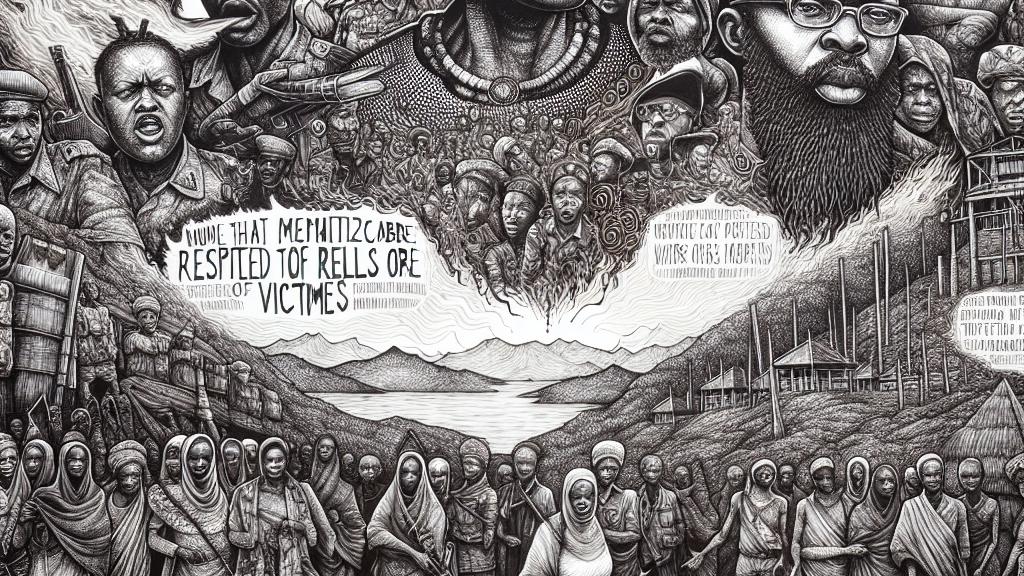Understanding the Conflict Involving Tutsis and M23 Rebels in DR Congo
Overview
- The M23 rebel group claims to fight for Tutsi rights in a turbulent region.
- Centuries of discrimination against Tutsis shape the ongoing conflict today.
- Rwanda's involvement complicates relationships and elevates regional instability.

The Rise of M23 and Tutsi Advocacy
In the vibrant yet volatile landscape of eastern Democratic Republic of Congo, the M23 rebel group has risen to prominence, asserting that they are the defenders of the Tutsi community. With ongoing conflicts causing widespread fear and displacement, M23 claims to advocate for those historically marginalized. However, this narrative isn't universally accepted; while some Tutsis see the M23 as their champion, many others worry about the group's aggressive tactics and hidden agendas. The reality is stark: amidst reports of violence, there are also voices of reason advocating for dialogue and harmony. Tutsis like Bulatandi Mugabo argue for recognition and peace, insisting that their identity cannot be reduced to that of rebels or victims.
Historical Context of Discrimination
Delving into the history of discrimination against Tutsis in the DR Congo unveils a painfully intricate story. Decades of ethnic violence, punctuated by harsh societal inequalities, have deeply scarred the Tutsi community. For many, the identity crises have lingered, as they are too often perceived through the lens of their association with Rwanda rather than their Congolese heritage. Tragic narratives, such as that of Tomaso Zikangiryo, whose family has faced numerous attacks simply due to their identity, expose the harsh realities many Tutsis endure. He recounts not just loss, but a struggle for dignity in a society quick to label them as outsiders. This 'silent genocide' concept, echoed by activists, underscores an urgent need for societal change and healing.
Rwanda's Role in the Conflict
Rwanda's complicated involvement in the DR Congo’s internal strife adds a perplexing layer to the conflict. While some argue that their aid to the M23 is a protective measure for Tutsis, others suggest it serves a deeper economic motive, seeking to control the rich mineral resources of eastern Congo. The international arena watches closely, with sanctions targeting M23 leaders and discussions about Rwanda's intentions swirling. This precarious balance of power raises critical questions: Are the Tutsis in DR Congo merely pawns in a larger geopolitical game? In the midst of this turmoil, the voices of Congolese Tutsis often become lost, as they seek to define their own futures amidst a backdrop of external influence, internal struggles, and a desire for justice that reverberates throughout their communities.

Loading...